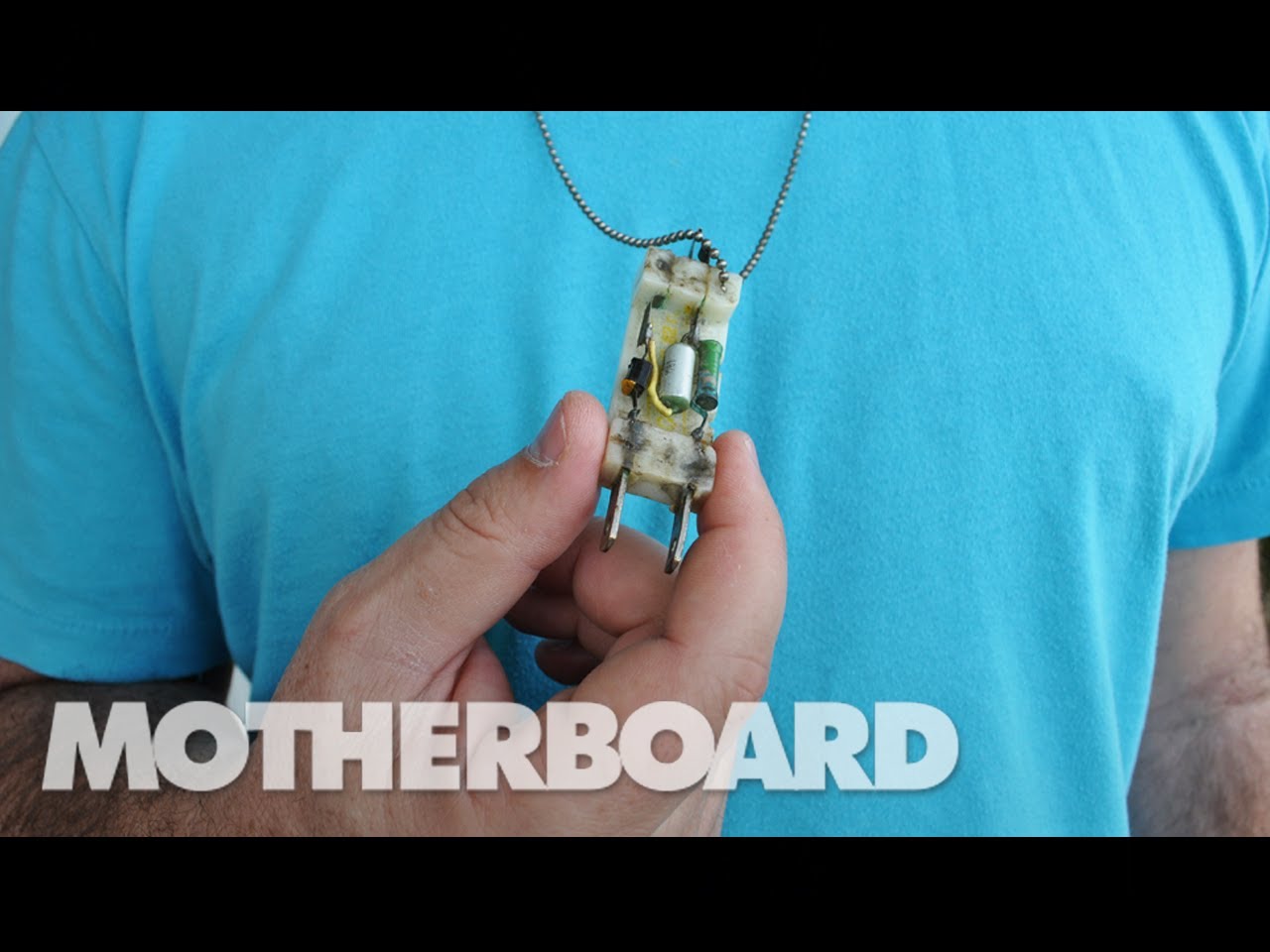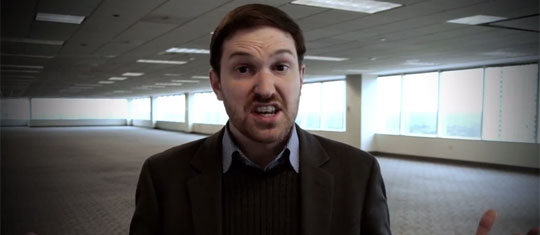
In 1991, Cuba’s economy began to implode. “The Special Period in the Time of Peace” was the government’s euphemism for what was a culmination of 30 years worth of isolation. It began in the 60s, with engineers leaving Cuba for America. Ernesto Oroza, a designer and artist, studied the innovations created during this period. He found that the general population had created homespun, Frankenstein-like machines for their survival, made from everyday objects. Oroza began to collect these machines, and would later contextualize it as “art” in a movement he dubbed “Technological Disobedience.”






